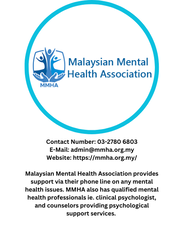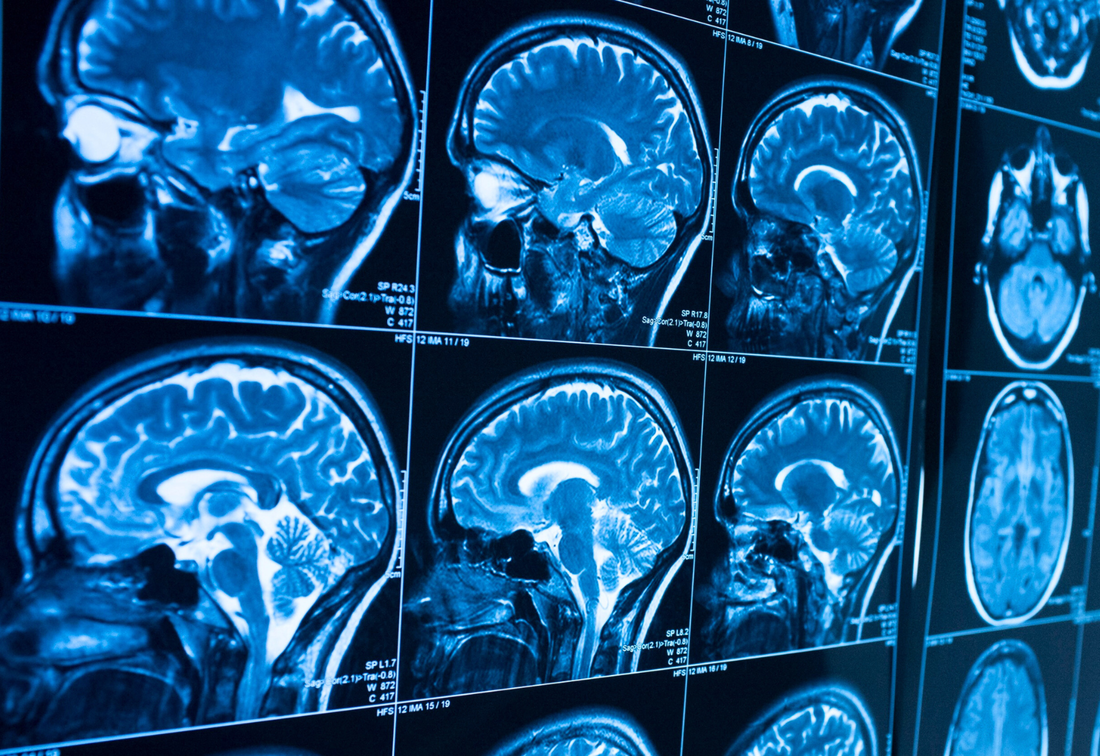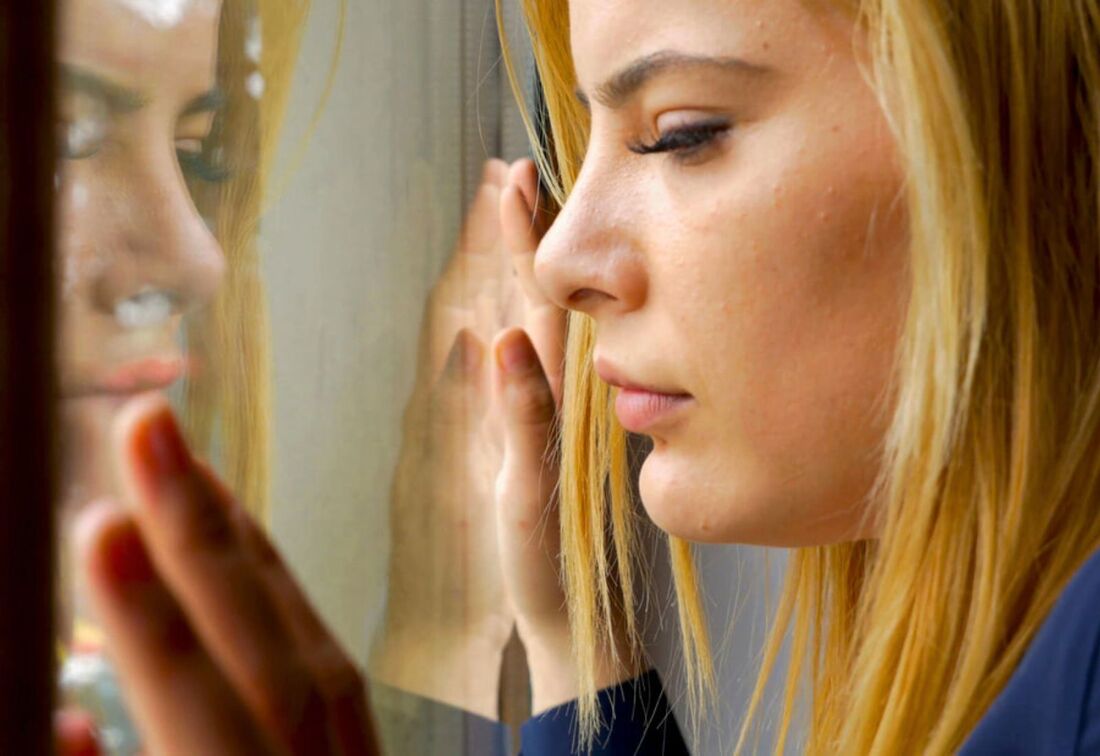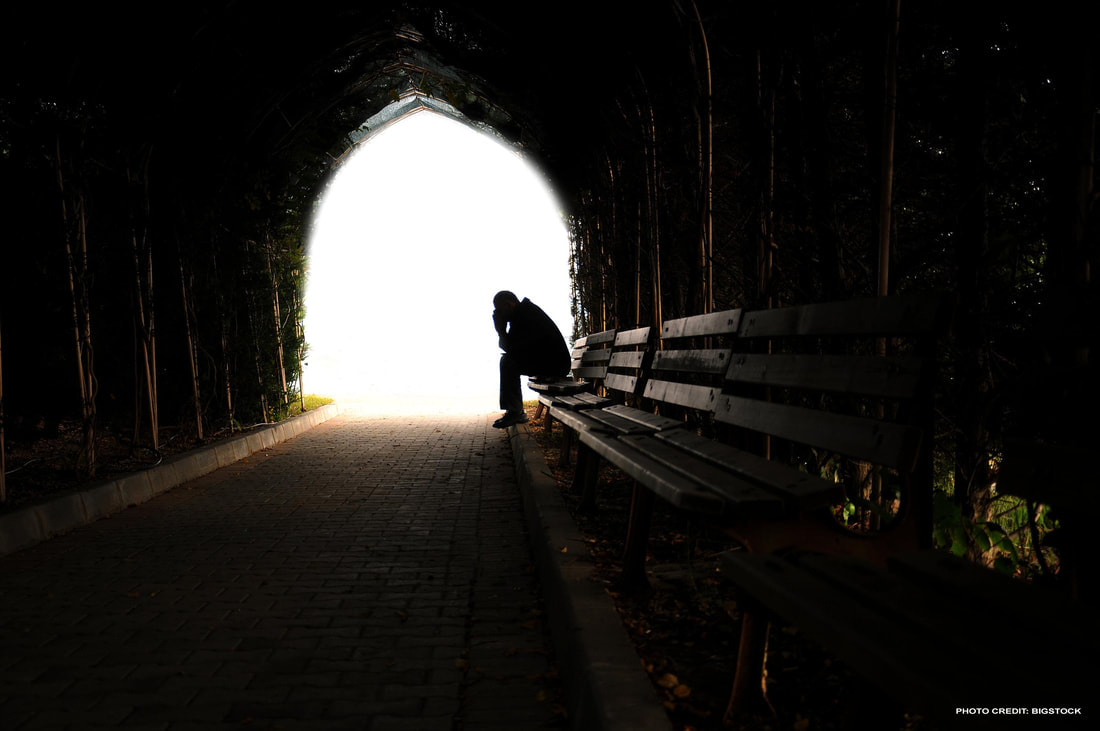Confronting Malaysia's mental health crisis among men
October 29, 2025
“Do we really have to use that term? It makes people uncomfortable.”
“Therapy? No, I don’t need therapy, that’s only for really unstable people.” “It’s nothing. I’m fine.” It can be hard to discuss mental health, especially among men, where it is often met with resistance. The stigma surrounding mental health remains persistent in Malaysia, but we can’t run away from the facts. Statistics paint a worrying picture, with data from 2015 estimating the prevalence of mental disorders at 29%, a threefold increase from 1996 and 2023 data revealing around 1 million Malaysians aged 16 and above suffer from depression alone, a figure that is more than double what it was in 2019. The truth is, the state of mental health is concerning, and it is even more so among men, owing to traditional mindsets about men’s role in society, how they should behave, and what is considered acceptable. The mental health struggle in men In many instances, women are more likely to acknowledge and share their feelings with friends. However, men are expected to be stoic, strong and unemotional. These expectations are internalized and often reinforced through praise, with boys and young men being raised to think that it’s weak to show emotions or ask for help. They may even be criticized or ridiculed for doing so. As a result, they often feel ashamed when they don’t live up to their own or others’ expectations. When men feel stress for not meeting these expectations, it is known as masculine discrepancy stress, which adds to the mental and emotional strain they are feeling, in addition to whatever is troubling them. There is the additional burden of dealing with life’s daily struggles such as long working hours, constant demands and responsibilities at work and at home. Men are often the primary breadwinner and provider for the family, and financial difficulties can contribute to stress and feelings of being inadequate. This, in turn, is often amplified by the impact of social media, which presents idealized, aspirational lifestyles. Collectively, these elements can be overwhelming for anyone, but have a greater impact on men who are vulnerable to negativity, criticism, peer pressure and social expectations. What mental health strain looks like It is common to hear “I didn’t know what he was going through” until something happens. This is because the signs are not always obvious; in many instances, mental health issues take time to develop, and the gradual progression may be easily overlooked. In others, their inner struggles are concealed behind carefully cultivated behavior; they are well-practiced at behaving normally and know what to say and do, so that no-one is the wiser. Warning signs can manifest indirectly, in both men and women, and some of these are more commonly seen among men. Behavioral and emotional changes, including but not limited to:
Risk-taking or escapist behaviour, which refers to activities that distract from having to deal with feelings, or self-medicating, such as:
How to help Family, friends and colleagues can play a role in being observant of such changes and offer support, both directly and indirectly.
Gaining a healthy perspective on mental health It is important for everyone, and not just men, to understand this simple fact – anyone can struggle with mental health, and we all need help from time to time. Having a mental health issue doesn’t always mean you have a disorder or that you need treatment. However, it is important for emotions to be acknowledged and processed in a healthy way, and to have an appropriate outlet. This can be achieved through simple measures like talking to a friend, getting regular exercise and enough rest. In addition, think of mental health in the same way as physical health. You need to take care of the mind as well as the body. In this way, just as you see a doctor when you feel physically unwell, see a counsellor or therapist when you feel mentally or emotionally troubled. |
EXPLORE FURTHER
Trauma: The science behind its impact on the brain
The amygdala: Heightened sensitivity and its impact on emotional responses
|
Life skills education in schools: A key to reducing depression, anxiety among children and adolescentsWhy social media aspirations should not diminish the value of school
|
Mastering emotional resilience at work on Mondays: A guide to starting the week strongStrategies to empower you to face the week with confidence and effectiveness.
|
The devastating impact of domestic violence on children: From childhood obesity to adult relationship challengesHealing childhood trauma for adult well-being
|
I need help..." - The silent cries of students suffering from mental health issuesIdentifying key behavioral changes indicating potential mental health issues
|
Four vital components to well-beingHolistic approach to mental health: Physical, psychological, social, and spiritual
|
Are you in a physical - psychological abusive relationship? Key provisions for abuse victimsThe dynamics of psychological and financial abuse in relationships
|
The devastating effects of domestic violence on pregnant women, fetus and childrenImpact of domestic abuse on children's development and future behavior
|
Are you sad or depressed? How do you differentiate the two?Distinguishing grief from depression
|
How mental health affects your lifeExploring the three key areas affected by mental health issues
|
Survey reveals mental health and stress continue to affect organisation's bottom lineImpact of health-related absences on Malaysian workplace productivity
|
A call to create hope for the suicidalAddressing the urgency of suicide prevention
|
Low rate hospital admission for schizophrenia patients after a year in community psychiatric and rehab serviceUnderstanding schizophrenia: Symptoms, treatment, and the impact on lives
|
One psychiatrist per 100,000 population insufficient, says associate professorAddressing the mental health crisis: Awareness, education, and support in Malaysia
|
Arson, animal cruelty and lack of remorse - traits of personality disorders to look out for in a personPatterns of behavior and their impact on relationships
|
When mental illness is mistaken for demonic possessionDebunking myths: Understanding mental illness beyond historical misconceptions
|
The psychology behind public masturbation and indecent exposureExploring paraphilias: Understanding fetishes and sexual arousal disorders
|
Eating disorders - A mental health issueEssential facts about mental health and psychiatric disorders
|



























